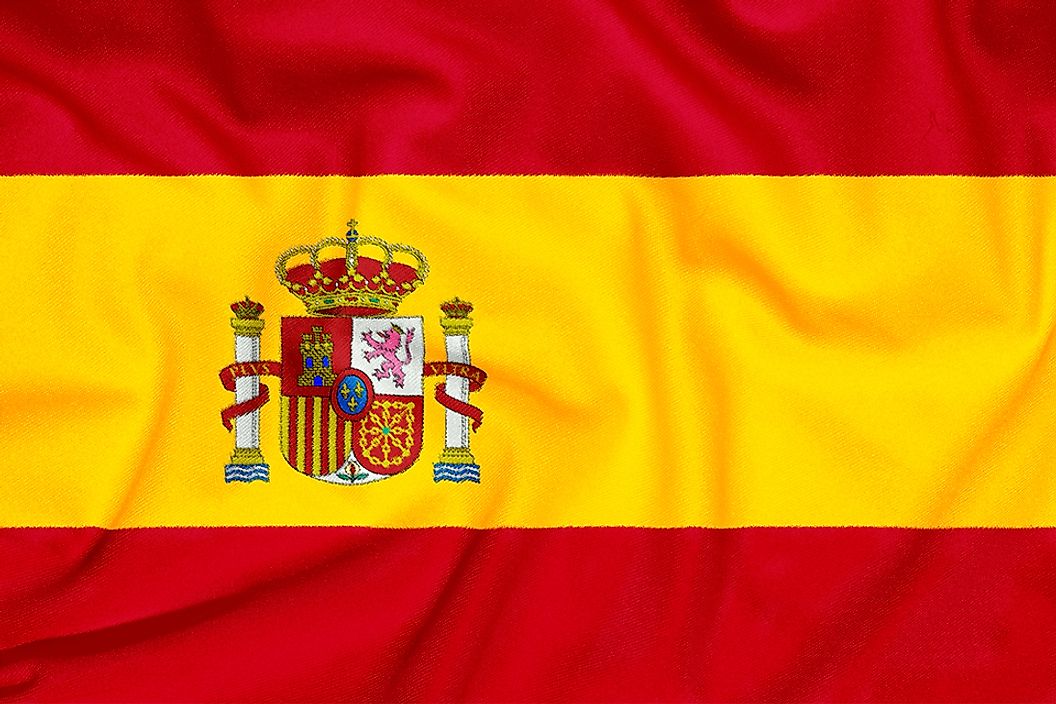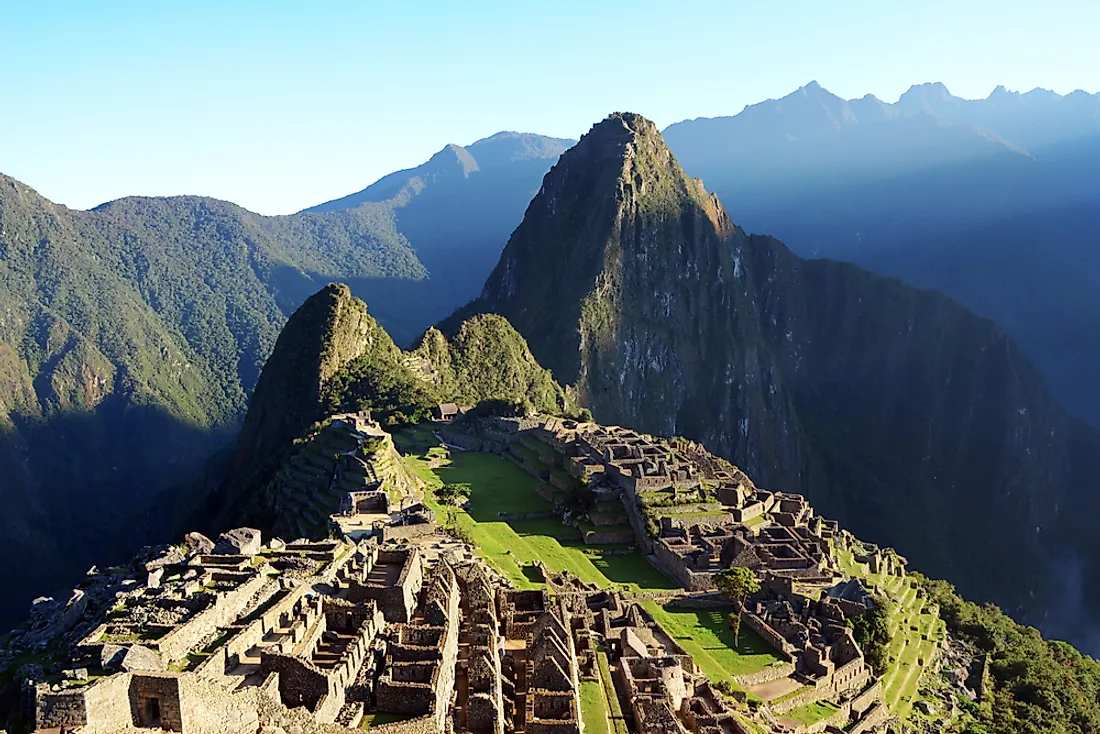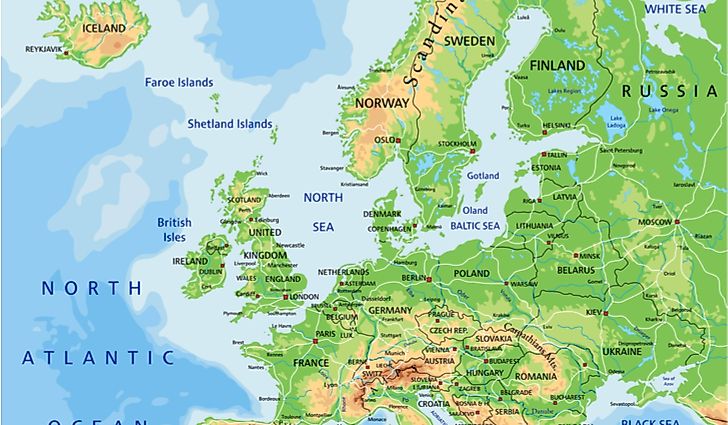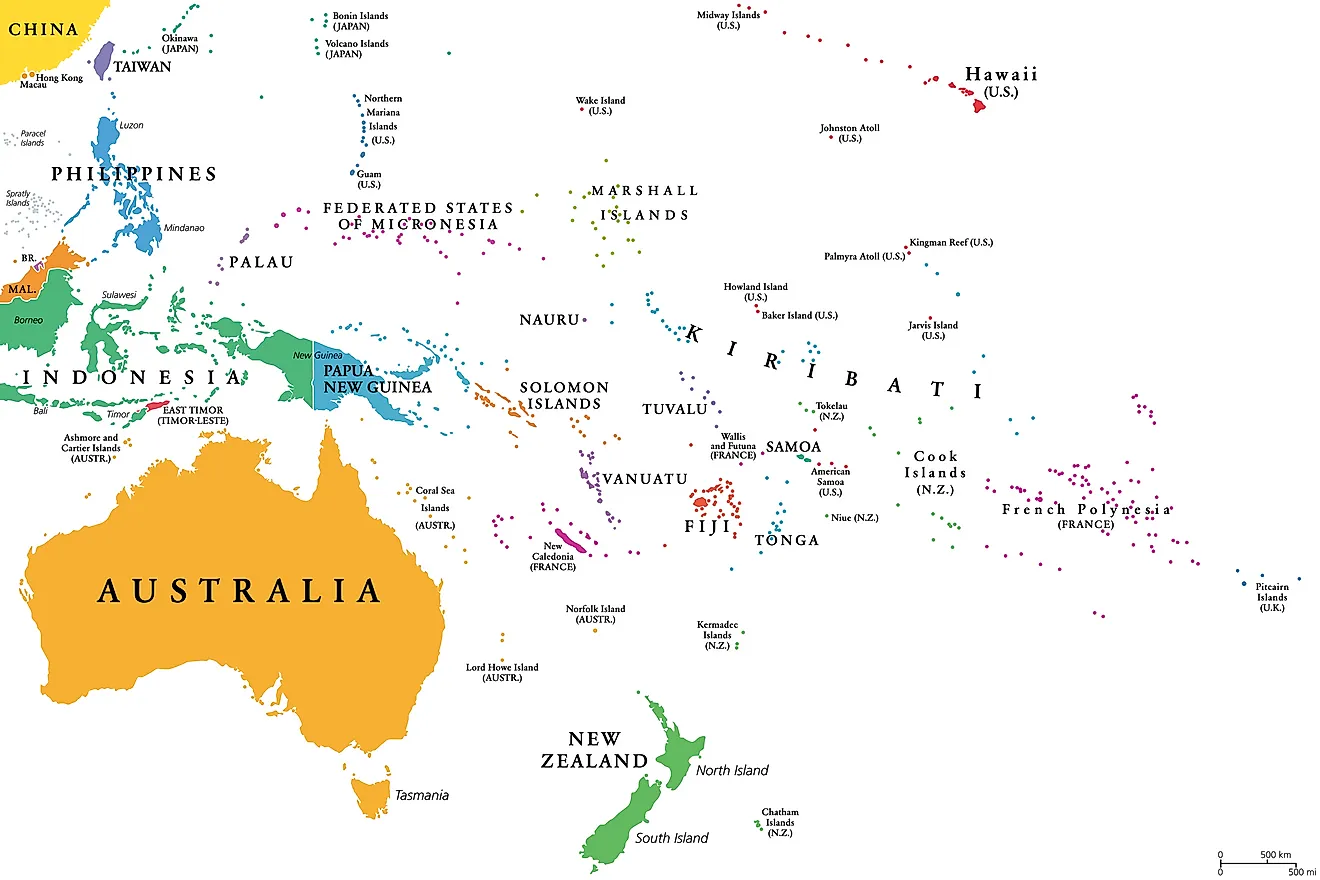Fun Facts About Spain

Spain is formally recognized as the Kingdom of Spain. The nation ranks as the biggest in Southern Europe, while it is the second largest in Europe's western region. Spain has a colorful past, having been inhabited by various peoples like the Iberians, Celts, Greeks, Phoenicians, Moors, Visigoths, and Romans. Some lesser known facts concerning Spain are listed below:
- Madrid is situated in the physical center of Spain, and the city's plaza, named the Puerta del Sol, is the actual center of the country.
- The Spanish language remains the country's most withstanding contribution to the rest of the world. As the Spanish Empire expanded its territories in the 16th century, the language spread to the Americas. Over 400 million individuals currently use the language, mostly in South America, as well some African nations including Equatorial Guinea. The language is recognized by numerous international organizations as well.
- The historic Roman Aqueduct situated in Segovia still transports water into the city, despite being constructed in the 1st Century AD. The aqueduct has been identified by UNESCO and listed as a world heritage site, and it remains one of the most well-preserved of all the Roman aqueducts still in existence in the world.
- The largest tomato fight in the world takes place in the Spanish village of Valencia. The festival takes place on the last Wednesday in August every year, and it attracts tens of thousands of enthusiasts. Revelers can throw tomato pulp at each other, thereby creating a chaotic mess, and even prompting some to slide along the ground.
- Most of Spain’s territory was spared of the glaciers which covered Europe in the final ice age. The inhabitants of Spain thus largely repopulated northern Europe. The plant species which were wiped out from most of Europe survived in Spain, which has more than 7,000 plant species.
- Spain is one of the nations in which nudity is legal. The country's law recognizes nudity as a fundamental human right and nudity in public spaces, such as beaches and parks, is legal. The minimum age for marriage in Spain is set at 16, and such laws make Spain one of the most liberal territories.
- Spaniards value siestas and free time, and there are a lot of vacations and holidays. A 2013 OECD report found out that the average Spaniard sets aside 16 hours of the day to drink, eat, partake in leisure activities, and sleep.
- Spain was officially neutral during both World Wars. Only volunteers fought on either side. The country had also abstained from the political troubles of pre-war Europe.
- The first modern novel was penned by a Spanish author named Joanot Martorell. The novel’s name is "Tirant Lo Blanc" which translates to "Tirant the White." The novel contributed significantly to the subsequent development of the Western novel.
- Spain boasts 44 UNESCO Heritage Sites, to rank third after Italy with 49, and China with 45. These sites range from prehistoric rock art, natural landscapes, bridges, and historic structures to cities.
- The concept of the tooth fairy is not known in Spain. Instead, a mouse called Ratoncito Pérez is responsible for replacing teeth with gifts.
- One of the oldest restaurants continues to operate in Madrid by the name Sobrino de Botin. The establishment commenced its operations in 1725, and it is famed for Cochinillo Asado.







